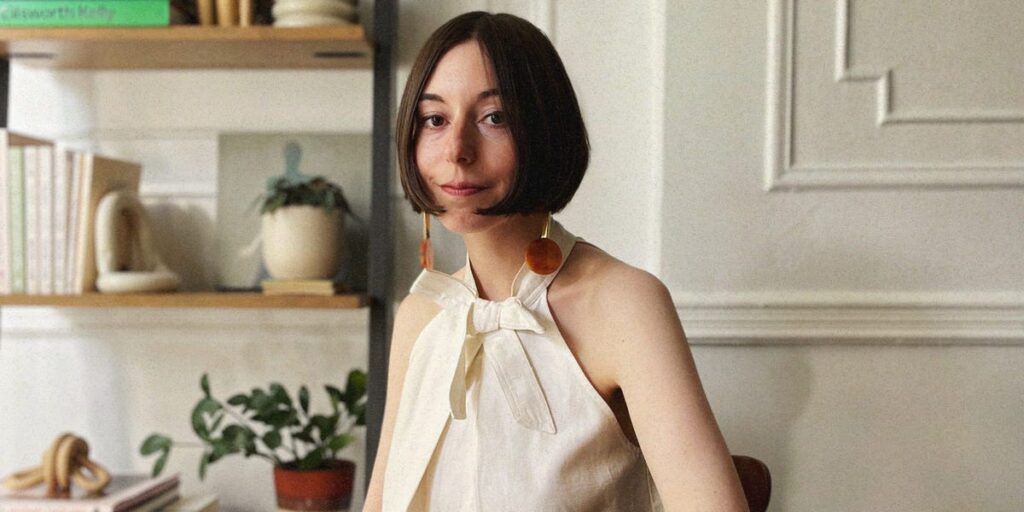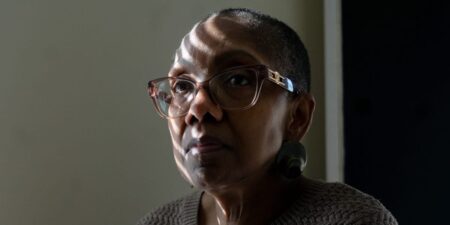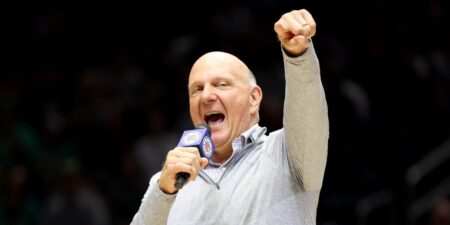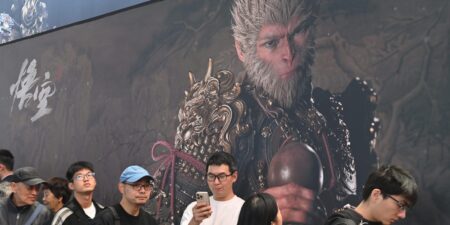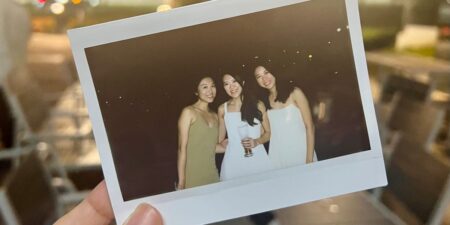- Rachel Schwartzmann is the is the creator of the newsletter and podcast “Slow Stories.” She lives in New York City.
- This is an adapted excerpt from her book, “Slowing.”
- “Slowing” explores the benefits of living a slower life.
The room refocused as I clicked on the appointment link and waited for my first therapy session to begin. The initial hour was a primer, laying out how to best use our time together. My therapist invited me to share how I might have arrived at this point. Anecdotes gushed out like an open fire hydrant spewing water onto the streets. I finally admitted that this was my first time seeking support.
“You’re ready to feel something different,” she asserted kindly.
I shifted in my seat and looked away. The trees had returned to their tranquil state, soaking in afternoon light. There were no cardinals, robins, or pigeons in sight. My eyes roamed higher: beyond the treetops, soft clouds; beyond that, sky and stars; beyond that, anything and everything. This is the highest point I’ll reach for a while, I thought as images of fog-laden mountaintops appeared in my mind.
There was nowhere else to go. There was nowhere else I’d rather be.
“Yes,” I said, mostly to my on-screen reflection. “I want to try.”
My anxiety can feel debilitating
“What does anxiety feel like?” someone close to me asked. “Like inside your head?”
I didn’t have the words as July crashed into August and then a new season altogether — if I did, they were submerged in the nauseous trance that consumed me for days. If I did, they hid in the “sick bag” I made in case I couldn’t calm myself down. If I did, they were drowned out by the sound of heart palpitations and heavy sighs. But I have the words now.
I would tell them that anxiety makes me a liar. When people ask how I’m doing, I want to tell them that I feel like collapsing into myself, but instead say, “I’m busy; fine.” The latter is easier because who says I owe them the truth? But then, when the corners of my mouth produce a sharp pain from a day of forced laughter, I remember that anxiety feels like a betrayal. I’m not sure I can trust that my mind and body will ever be in sync.
Anxiety feels like an electrical current sapping my imagination and draining my social battery. I liken it to having a sixth sense: perpetual crisis. There is intrusion and destruction, and the thoughts get so loud that hunger and fullness become weaponized: You will fall apart, it says. Everything will fall apart.
You will expel your breakfast, lunch, and dinner, then your love, confidence, and hope until there’s nothing left inside but fear. It turns out that fear is a potent seed. When I’ve spewed the last drops, I envision whatever’s left mixing with my stomach bile, fusing into toxic soil for more trouble to grow.
I would tell them that, at its worst, anxiety pulls my soul out of my body, using it as an energy source to mess with life’s circuitry. Everything loses its wonder. Not a single light switch in sight will turn on.
So I fumble around in the darkness, straining to remember another way of moving through the world.
Thinking about time differently has helped me navigate anxiety — and expand my view of love
I never doubted my ability to keep up with my husband, John, but occasionally his confidence overwhelmed me.
I watched him move through the world with genuine self-awareness during our earliest travels together. Each time, I became more conscious of my shortcomings — my anxieties.
But I was younger then, and at that point, flaws seemed like opportunities to rewrite a more convenient story, one I thought the rest of the world wanted to hear: Go this way, act like this, see this place, be this person — and whatever you do, make sure you are at the top of your game. My relationship with the movement grew increasingly complicated, motivated by societal obligation just as much as curiosity about the world. I embraced an energy I couldn’t always trust was pushing me in the right direction.
Eventually, I slowed down. In many ways, I thought achieving slowness was the most accessible form of enlightenment. It was advertised to me as being on the same level as well-being, understanding, and equilibrium — but when I started to claim it fully, I recognized just how nuanced it is. As much as slowness encourages us to pay attention to possibility, it also shows us exactly where we are. And those places aren’t always what we expect.
For so long, anxiety has occupied more than the periphery of my days. It’s become a form of slowness all its own, invoking a time zone that causes me to move through life at a different pace. Because of this, I’ve learned to measure time differently.
Love, too.
Love blooms in motion but matures in stillness: the deep, uncharted territory that can’t be tracked by apps or miles. Love is out of frame: in the blurred edges of our best photos, my lips pecking the top of his head. Love is taking one step forward — and then many steps back — to build a life that moves you across time and space.
Excerpted from Slowing: Discover Wonder, Beauty, and Creativity Through Slow Living by Rachel Schwartzmann. Copyright 2024 by Rachel Schwartzmann. Published by Chronicle Books.
Read the full article here







